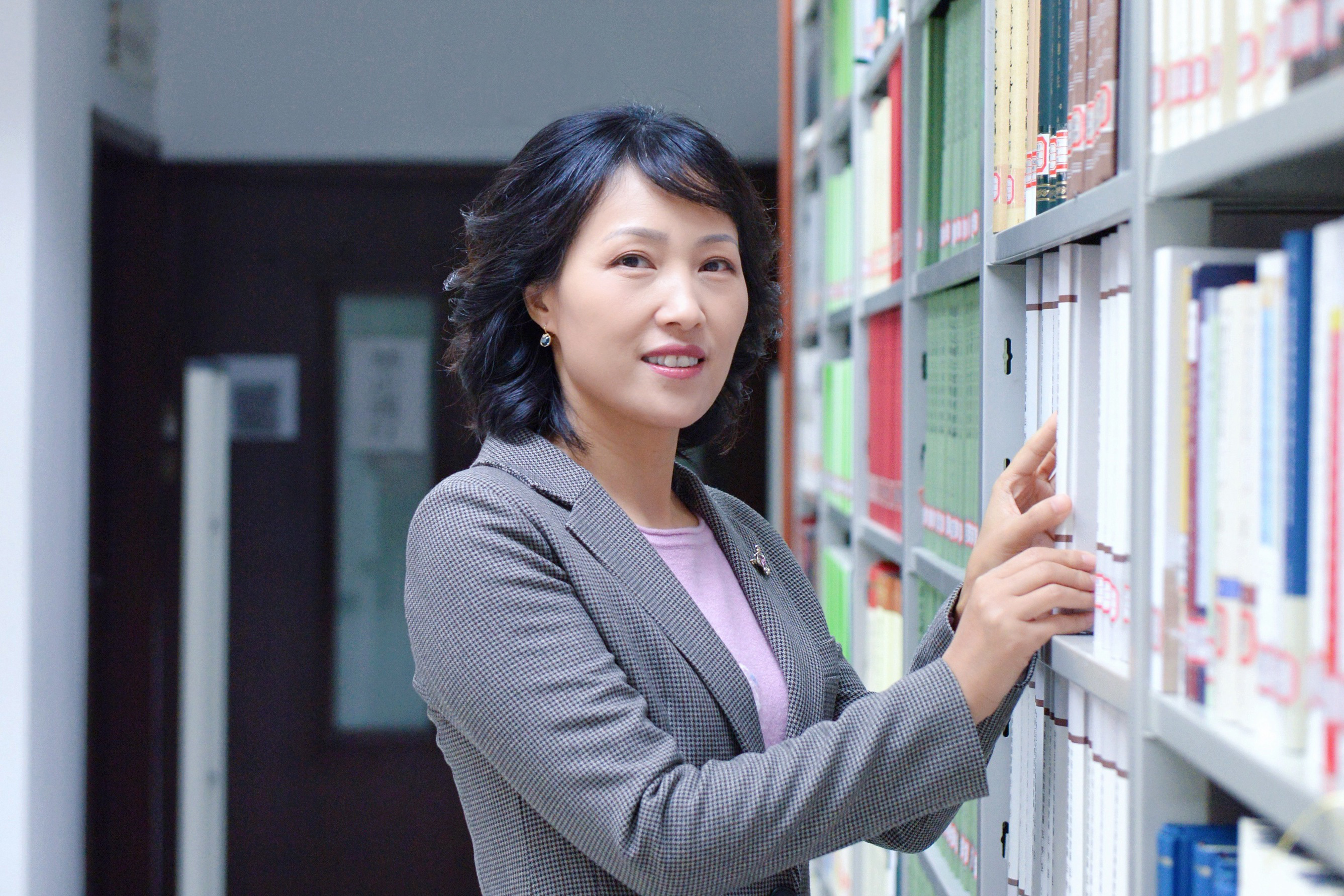
Abstract: The people being masters of the country is the essence and core of socialist democratic politics. Whole-process people's democracy, as a new form of democratic politics aimed at effectively realizing the ideal of the people being masters of the country, is a theoretical distillation of the practice of constructing democratic politics in China. Its theoretical characteristics are embodied in four aspects, namely the historical, critical, dialectical and systematic aspects. The theory of whole-process people's democracy is the summarization of one-hundred-year experience of the Communist Party of China in leading the democratic construction in China. As such, it is specific and historical. It is deeply critical of western democratic systems and theories for their logical contradictions and value problems, transcends their one-sided understandings of such cores connotations of democracy as "majority decisions" and "competitive elections", and endeavors to construct a complete operation system of democracy in multiple fields, with multiple subjects, and at multiple levels, and fully realize the ideal of the people being masters of the country in the relationships of dialectical unity between the means and the end, between formal democracy and substantive democracy, and between democratic process and governance effects.
Keywords: whole-process people's democracy, historical thinking, critical thinking, dialectical thinking, systematic thinking
Author:Liu Xiaomei, a research fellow at CASS Institute of International Law and a professor at the University of CASS.
Source: 1 (2022) Journal of Northwest University(Philosophy and Social Sciences Edition)



